
March 25, 2019
Key Features Your Temperature Monitoring System Should Have
Every lab temperature monitoring system in existence today is designed to meet the FDA 21 CFR Part 11 regulations. That doesn’t mean you can pick any one of them off the shelf and have it work correctly, never mind ideally, in your lab. You still have some due diligence to do. And, not just because you
Read More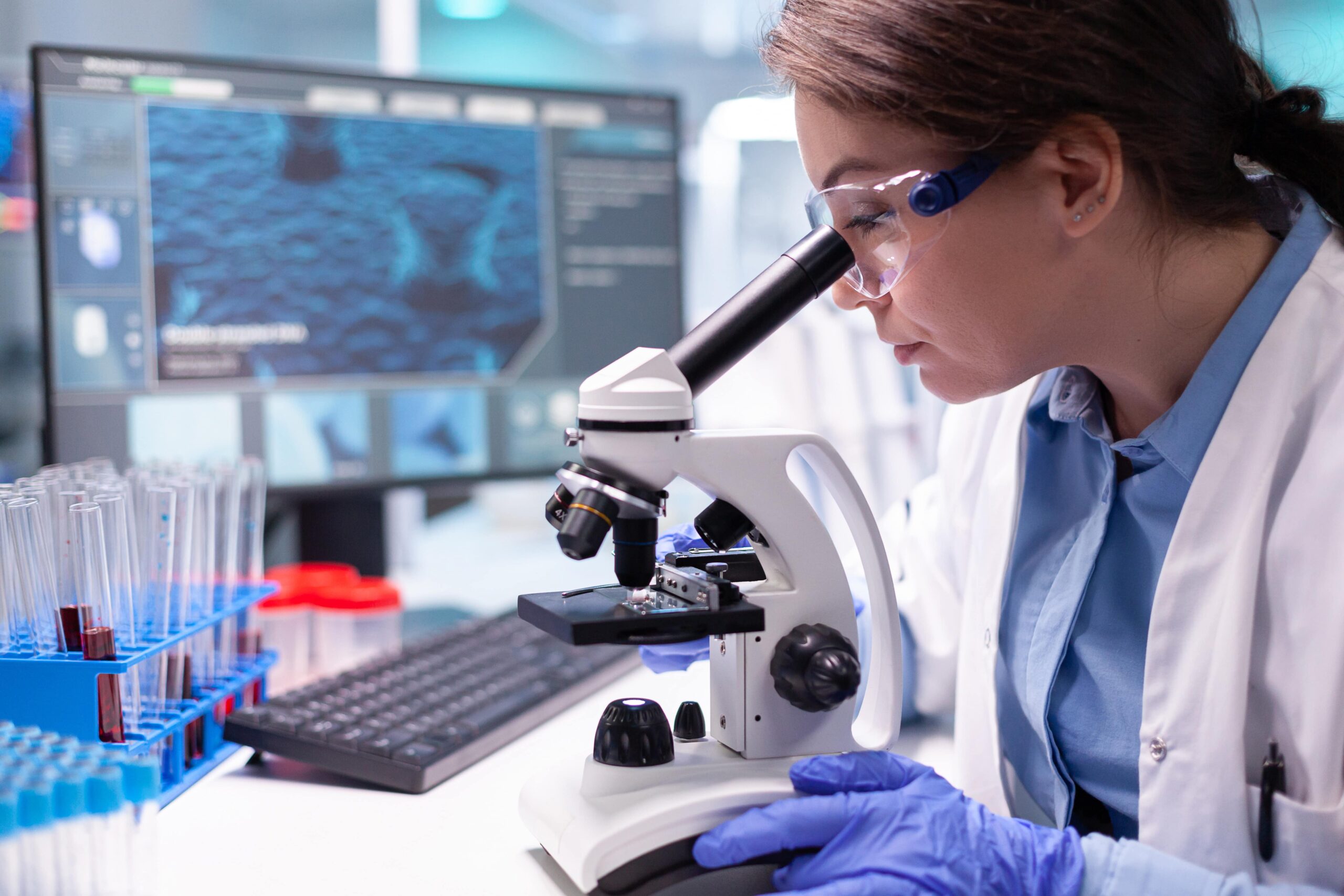
March 18, 2019
BIMO Inspection Readiness Checklist & Guide: FDA BioResearch Monitoring of Clinical Trials
Did you know that an FDA inspector typically schedules a bioresearch monitoring (BIMO) audit within five days of arrival? Would your clinical have BIMO inspection readiness in such a short time? Well, it should be: these inspections can occur at any time during a clinical trial, and there is no hard rule for how much notice they have to provide. If you are
Read More
March 8, 2019
Here is What You are Missing if You Have not Upgraded to Saas Cloud Yet
Once a niche subject among IT experts, cloud computing is now a core component of business vernacular. The concept has made its way into advertising campaigns and everyday speech about mobile devices, so it is likely, you have some familiarity with the cloud already. To keep up with the competition and as an obligation to your
Read More
February 28, 2019
The Environmental Benefits of Remote Monitoring: How to Reduce Waste, Reduce Emissions, & Improve Efficiency With Digital Solutions
Technology has been evolving at a rapid rate for years, and the speed it grows only increases every year, which has resulted in developing technology that sometimes gets overlooked. For example, remote monitoring is part of a company’s digital solutions. Remote monitoring is not designed for micromanaging bosses to spy on their employees, nor was
Read More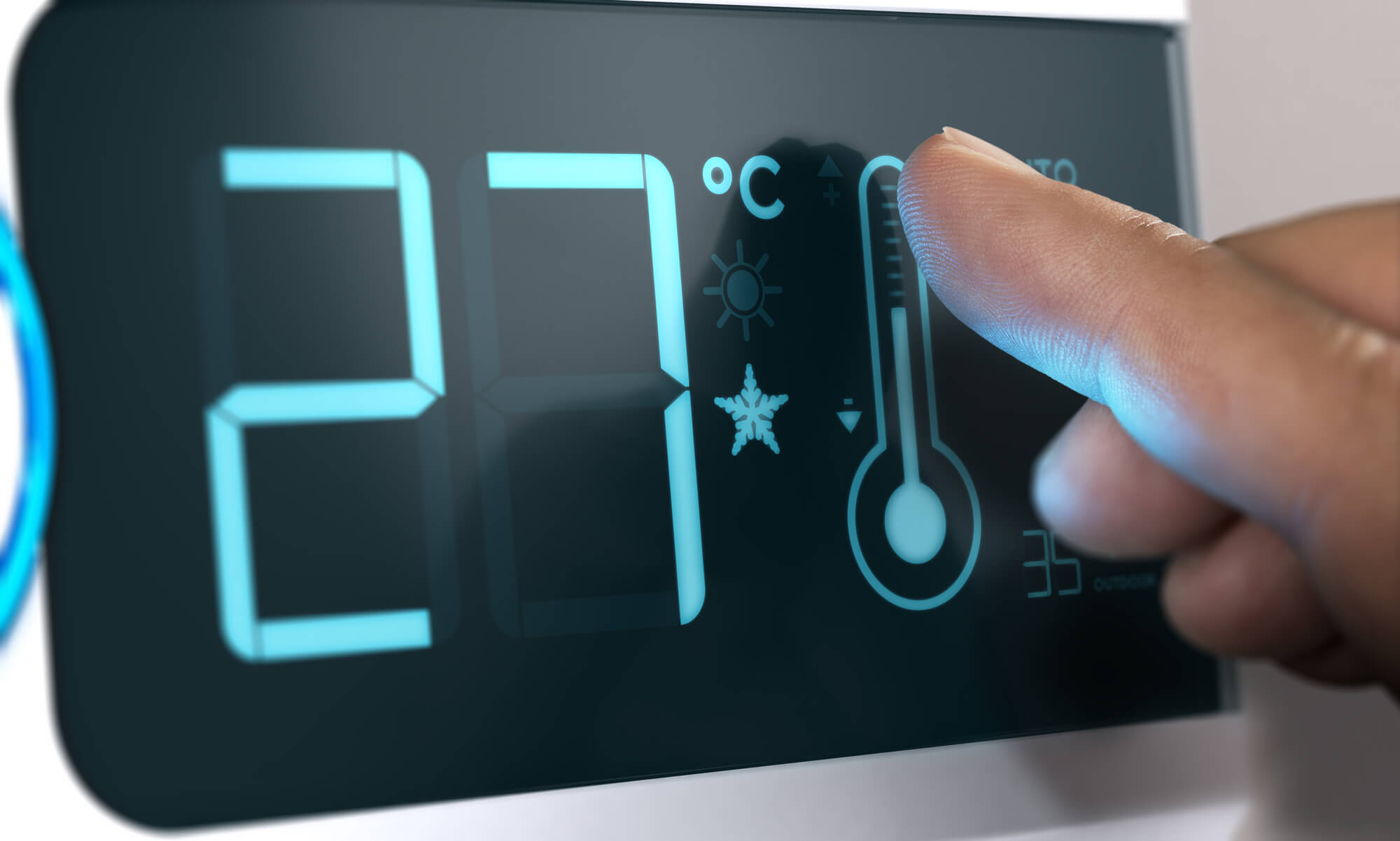
February 22, 2019
What Does Cloud-Based Temperature Monitoring Do?
75% of laboratory errors occur in the handling and processing phase of a specimen. Human error is the main factor that creates blunders in the lab setting. Collection methods and psychological factors of the person performing the process are two examples. Staffing would be needed around the clock for settings that require temperature monitoring; this introduces the
Read More
February 15, 2019
Smart Lab: How IoT Healthcare Devices Will Improve Medical Research Labs
The “Internet of Things” has been growing at a stunning rate. Some experts have estimated more than 20 billion devices will be connected by 2020. There are already more devices connected to the IoT than there are people on the planet. The sheer expansiveness of the IoT has meant no field has been left untouched. Healthcare is
Read More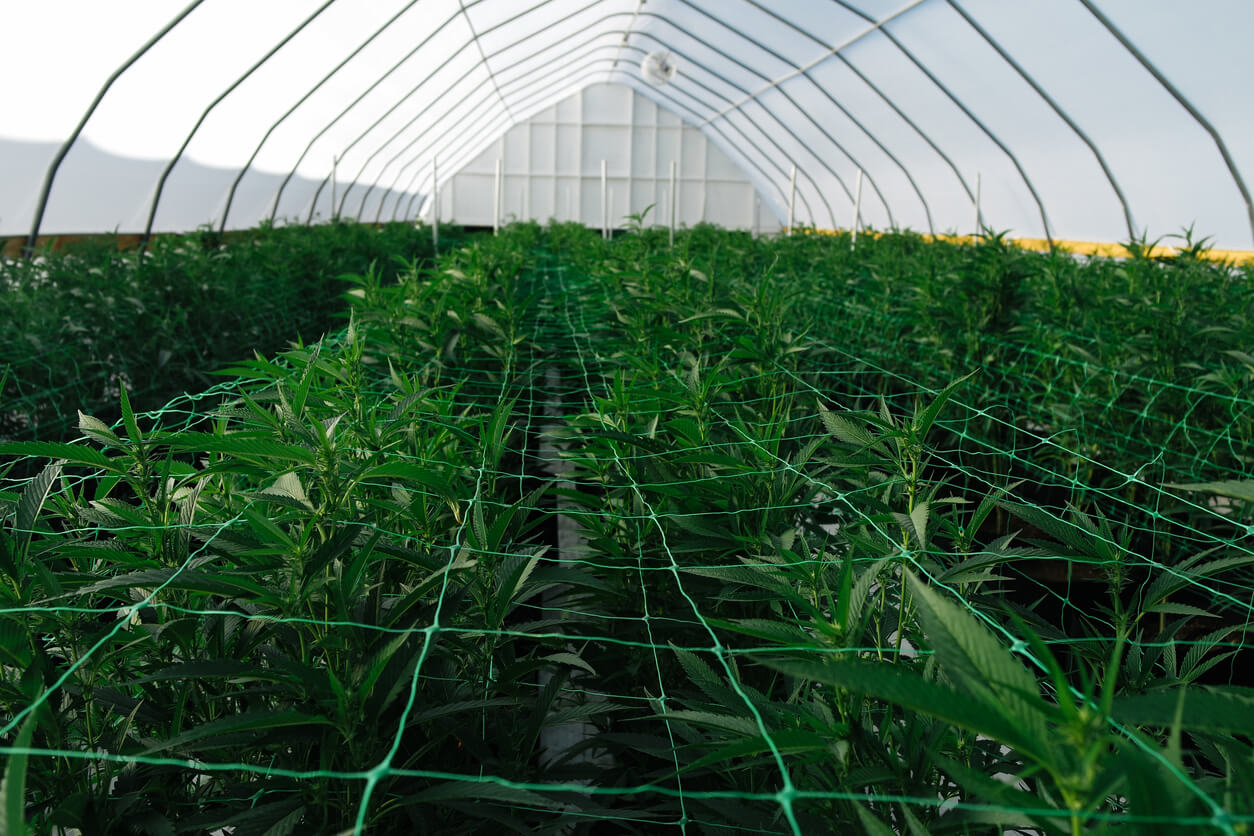
February 8, 2019
Temperatures and Medical Cannabis Growing: From Seedling to Harvest
The marijuana industry created an estimated $34 billion economic impact in 2018. Legal sales of marijuana are expected to increase from $10 billion in 2018 to $20 billion by 2022, according to the Marijuana Business Fact Book. This means that more and more legal growers (under strict governmental regulations) will be on the American horizon seeking the best indoor
Read More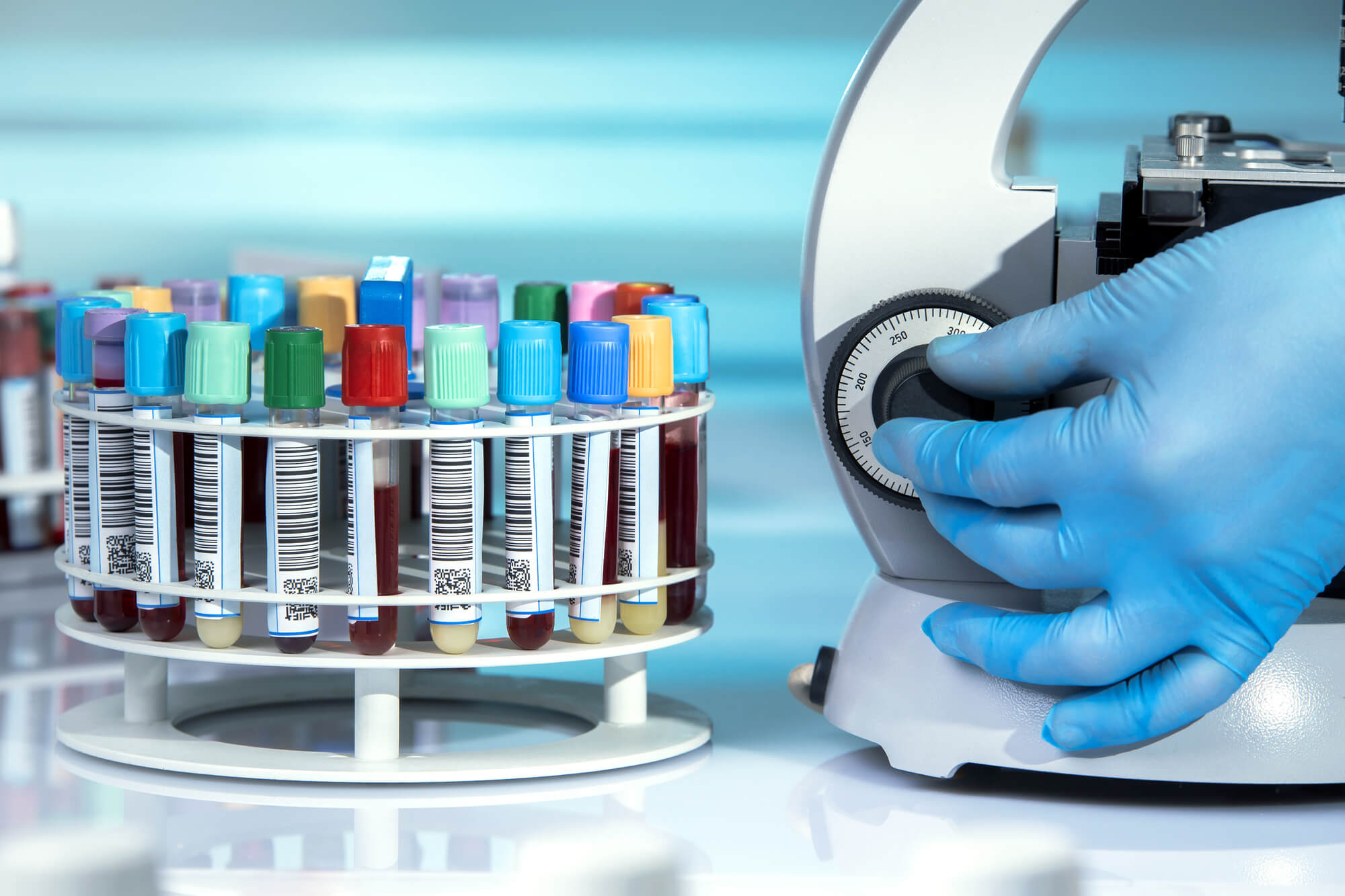
January 25, 2019
Measure for Measure: What is Calibration and Why Is It Important for Your Lab?
The word “calibrate” dates back only a couple hundred years, but the concept of calibration is actually far older. Ancient Egypt and Mesopotamia had their own systems of calibration that they used in construction. Today, calibration is often used in research labs to ensure accurate data. But what is calibration, how does it work, and why does
Read More
January 18, 2019
Everything You Need to Know About Over-the-Air Updates
In 2017, it was estimated that more than 9 billion Wi-Fi-enabled devices were in use. That’s more than one device for every person on the planet, including children and babies. And the number has only grown since that time. Whilst easy access to Wi-Fi has made our browsing habits much easier to satisfy, it has also had a
Read More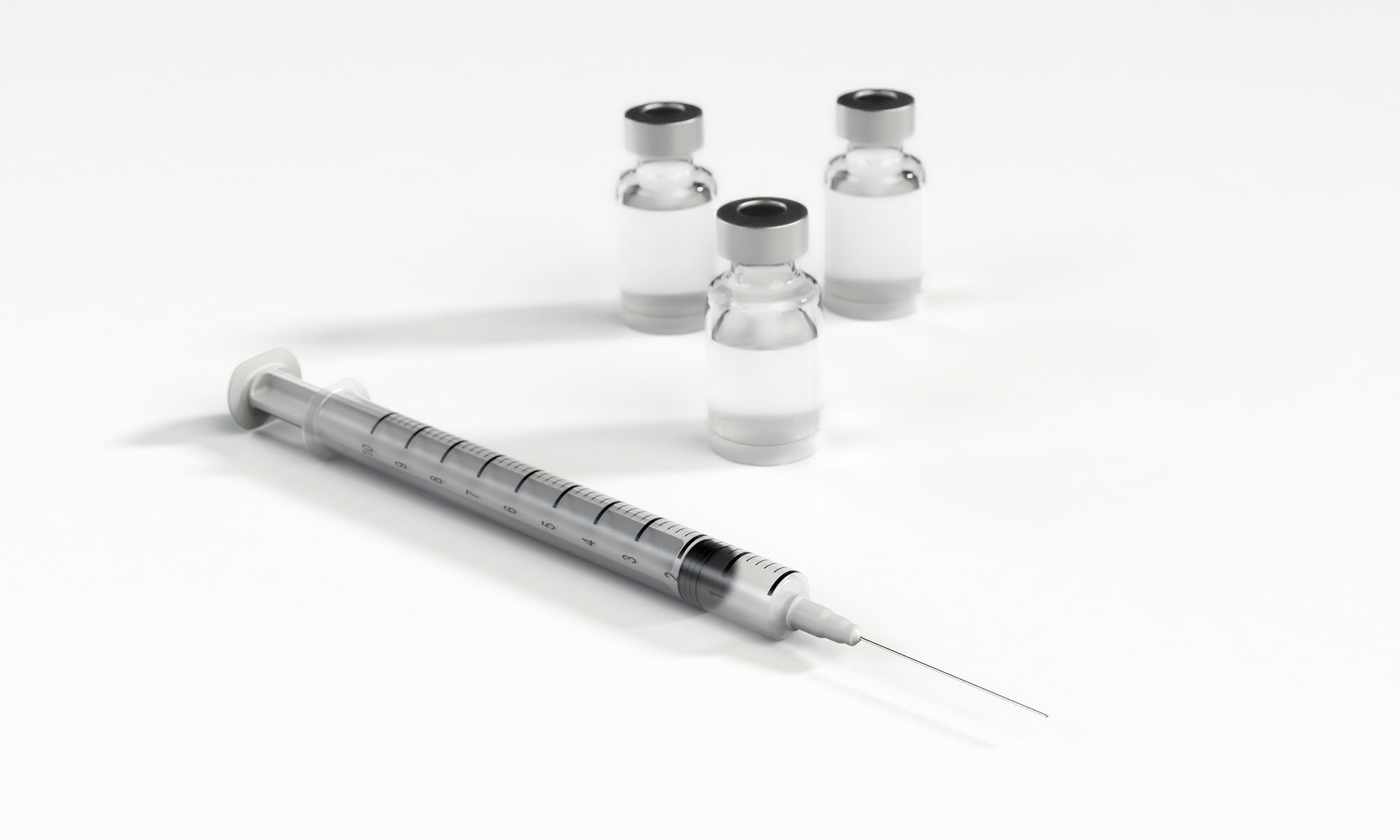
January 11, 2019
VFC Data Loggers: Are Your Data Loggers VFC-Compliant?
In 2017, the Centers for Disease Control and Prevention (CDC) changed the vaccine storage requirements for Vaccines for Children (VFC) program providers. The reason behind this change is clear. Review and access to temperature logs are critical. Without them, you cannot determine whether vaccines are at the correct temperature. Proper data logs are also essential for assessing
Read More